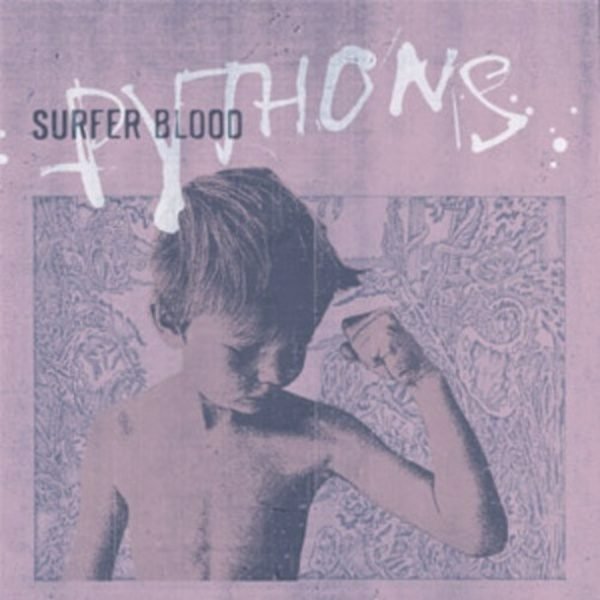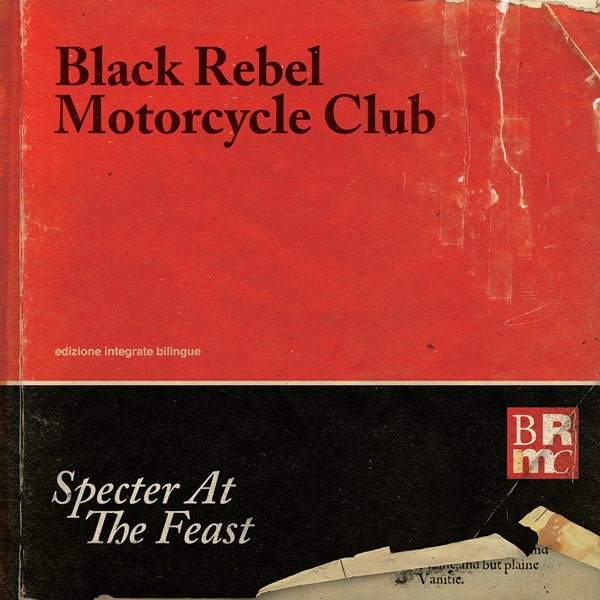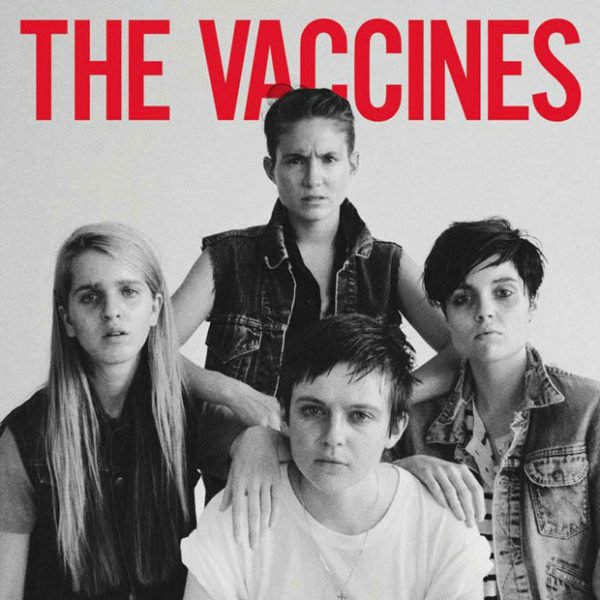Easily one of the pioneers of modern experimental rock/pop, and reputably claimed by some fans as trailblazers of the indie…
Category: Album of the Week
Album of the Week: Wonderous Appalachian Alt. Folk Rock from Virginia’s Annabella’s Curse
One of our favorite surprise DIY releases of the crazy and depressing year 2020 is the fantastic indie album, Vast…
Album of the Week: Tyson Ray Borsboom’s Terrific Debut LP ‘Will’
On his latest album, Will, Canadian singer/songwriter Tyson Ray Borsboom creates intricate portraits of love and life in the modern…
Album of the Week: Surfer Blood’s ‘Pythons’
by Devin William Daniels Surfer Blood‘s debut, Astro Coast, was one of the most promising indie rock albums of the…
Album of the Week: The Black Rebel Motorcycle Club’s ‘Specter At The Feast’
by J. Hubner The track, “Fire Walker,” opens quietly. It’s like opening a long forgotten book and beginning what would…
Album of the Week: Youth Lagoon’s ‘Wondrous Bughouse’
by J. Hubner Wondrous Bughouse is an album that from beginning to end fills you with joy. It comes over…
Album of the Week: My Bloody Valentine’s First Album in Over 20 Years Is An Immediate Classic
For a band that only released two albums, Ireland’s My Bloody Valentine made a huge impact on alternative and indie…
Popular IRC DIY Artist Thad Kopec Drops Masterful Debut Album, ‘Heart of Man’
Earlier this year, IRC featured the DIY recordings of Florida musician Thad Kopec in the DIY Artist of the Week…
Album of the Week: Titus Andronicus’ ‘Local Business’
New Jersey punk rock quintet, Titus Andronicus, led by the energetic bluster of Patrick Stickles, dropped their third album, and…
Album of the Week: Ben Gibbard’s Debut Solo Album, ‘Former Lives’
Considering his prolific and respected work during the past decade, it’s kind of surprising that Ben Gibbard, frontman of bands…
IRC Album of the Week: Freelance Whale’s Sophomore LP, ‘Diluvia’
In 2010, at Austin‘s famous SXSW festival, Queens band Freelance Whales were one of the big draws, generating a lot…
Album of the Week: The Vaccines’ Sophomore Release, ‘Come of Age,’ Packs a Sassy, Wild Punch
Among the album releases this week, the much anticipated sophomore LP by The Vaccines, Come Of Age, is a courageous…











